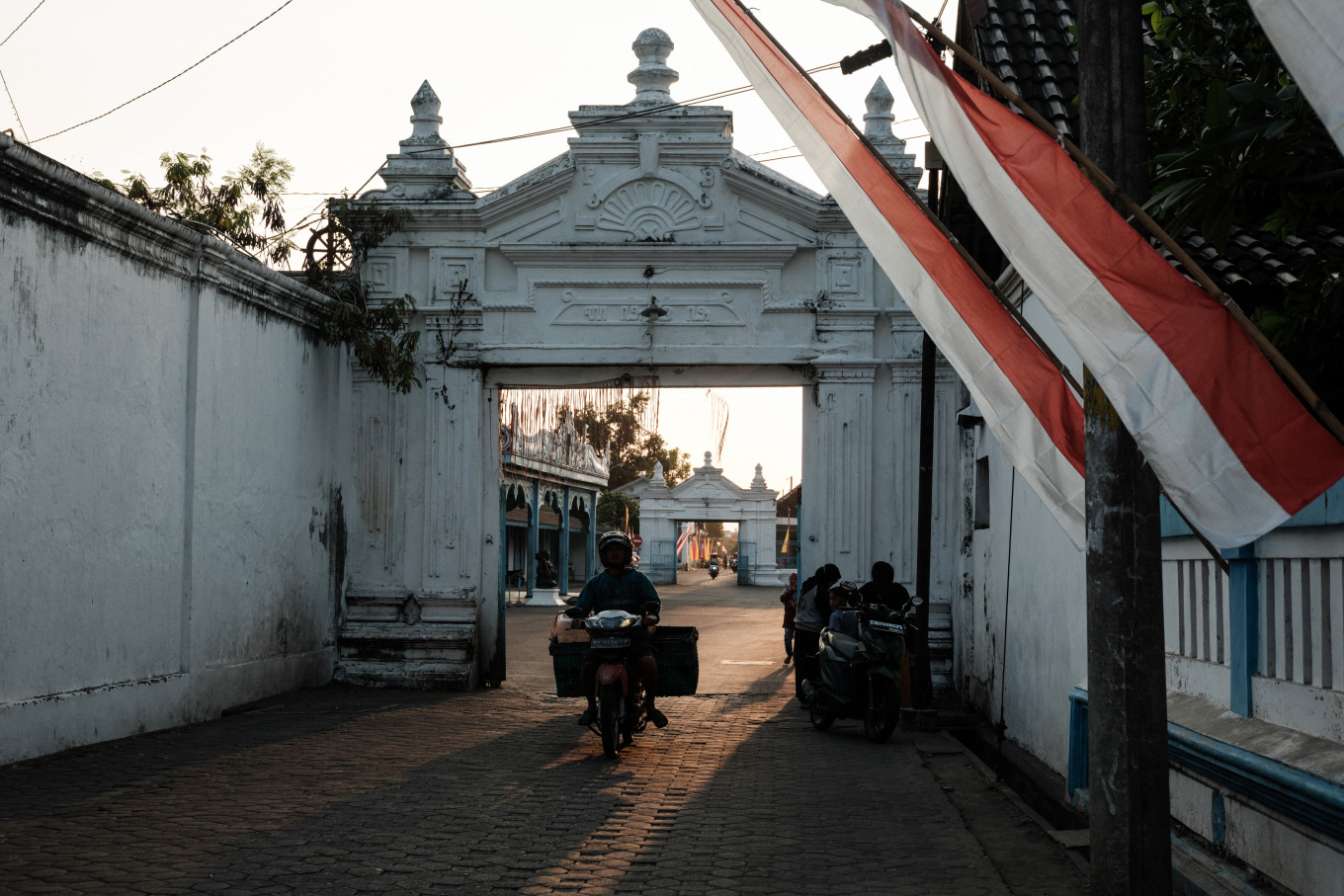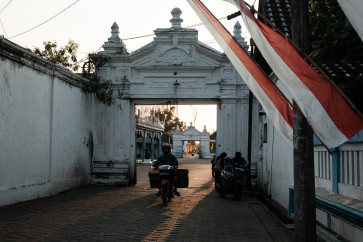Popular Reads
Top Results
Can't find what you're looking for?
View all search resultsPopular Reads
Top Results
Can't find what you're looking for?
View all search resultsThe real monarchs of the republic
What if the real threat to democracy in Indonesia lies elsewhere? Not in the palaces of monarchs long deprived of state power, but in the everyday workings of dynastic political families.
Change text size
Gift Premium Articles
to Anyone
T
he recent brouhaha surrounding the revived claim to special region status for the sultanate city of Surakarta in Central Java, has reignited the debate over monarchies within the republic.
After decades of relative silence, royal family member Dany Nur Adiningrat has resurfaced, advocating for the reinstatement of Surakarta’s special status, privileges once granted during Indonesia’s formative years but revoked in 1950.
For many observers, including The Jakarta Post’s editorial board, the move reeks of nostalgic symbolism and internal games of thrones, unworthy of national concern. The underlying fear is that symbolic claims like these could undermine Indonesia’s democratic ethos.
But what if the real threat to democracy in Indonesia lies elsewhere? Not in the palaces of monarchs long deprived of state power, but in the everyday workings of dynastic political families who increasingly operate like modern-day royals, wielding power without ritual or public scrutiny.
As a media and cultural studies scholar, I see the Surakarta discourse not as a lurking danger. It is more like a cultural signal. What matters here is not whether the claim is legally viable, but how it plays out as a media spectacle that taps into deeper currents of cultural identity and historical narrative.
The symbolic act of a royal figure appearing in the public sphere, dressed in tradition, invoking lost sovereignty, must be understood within Indonesia’s complex tapestry of historical grievances, collective memory and aesthetic politics.
French sociologist Pierre Bourdieu’s notion of symbolic power reminds us that authority persists in postcolonial societies not only through institutions but through memory, ritual and media. These symbolic sovereignties, though devoid of formal power, continue to shape identity and aspiration.



















